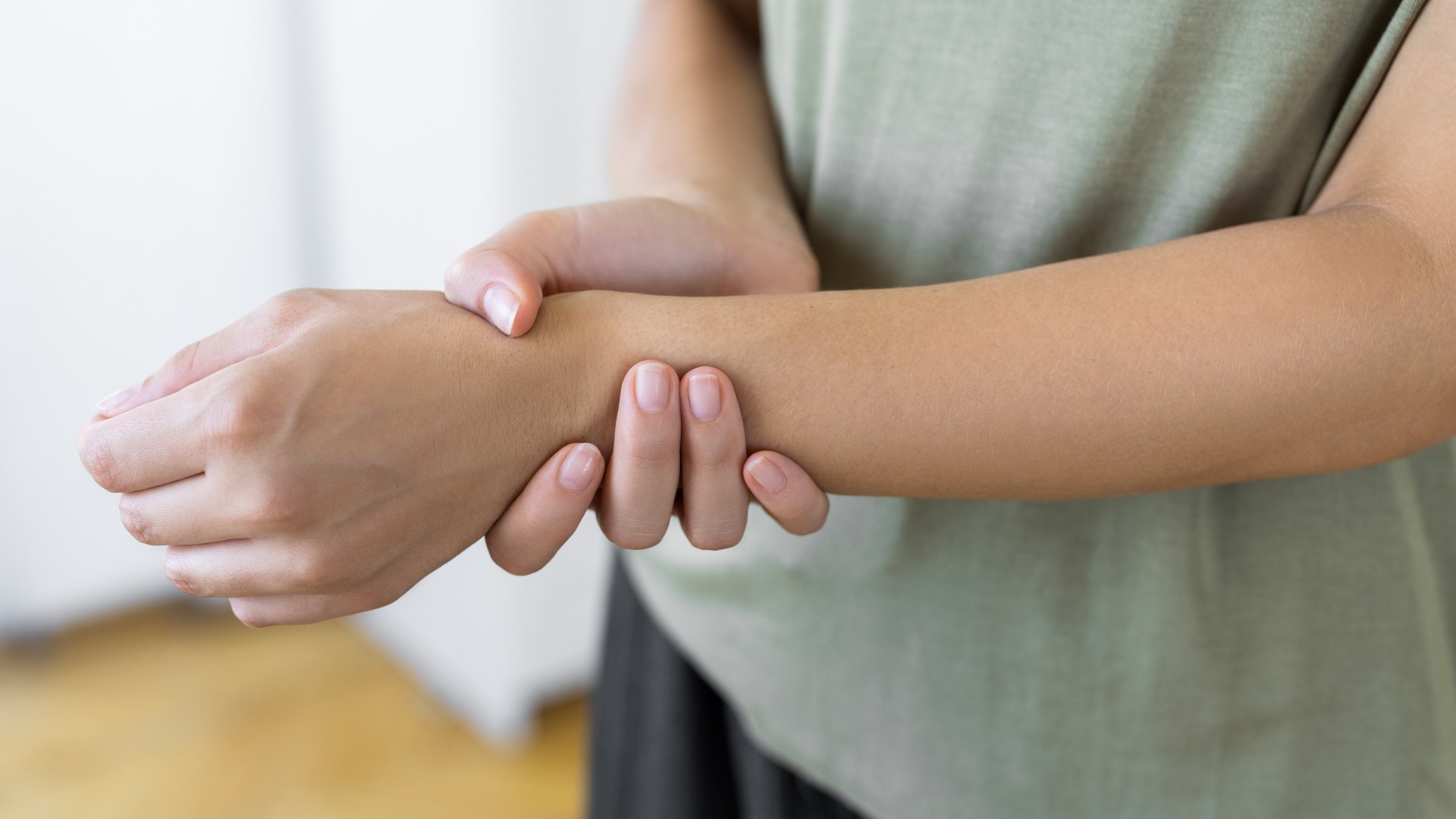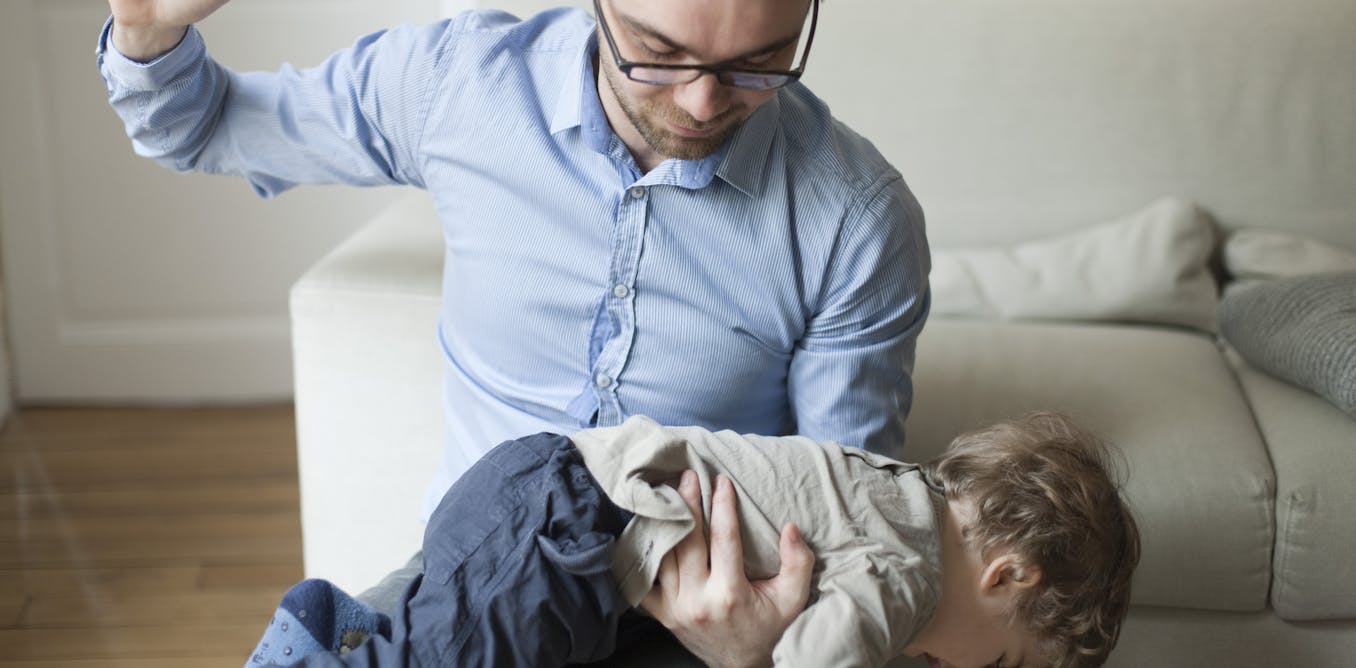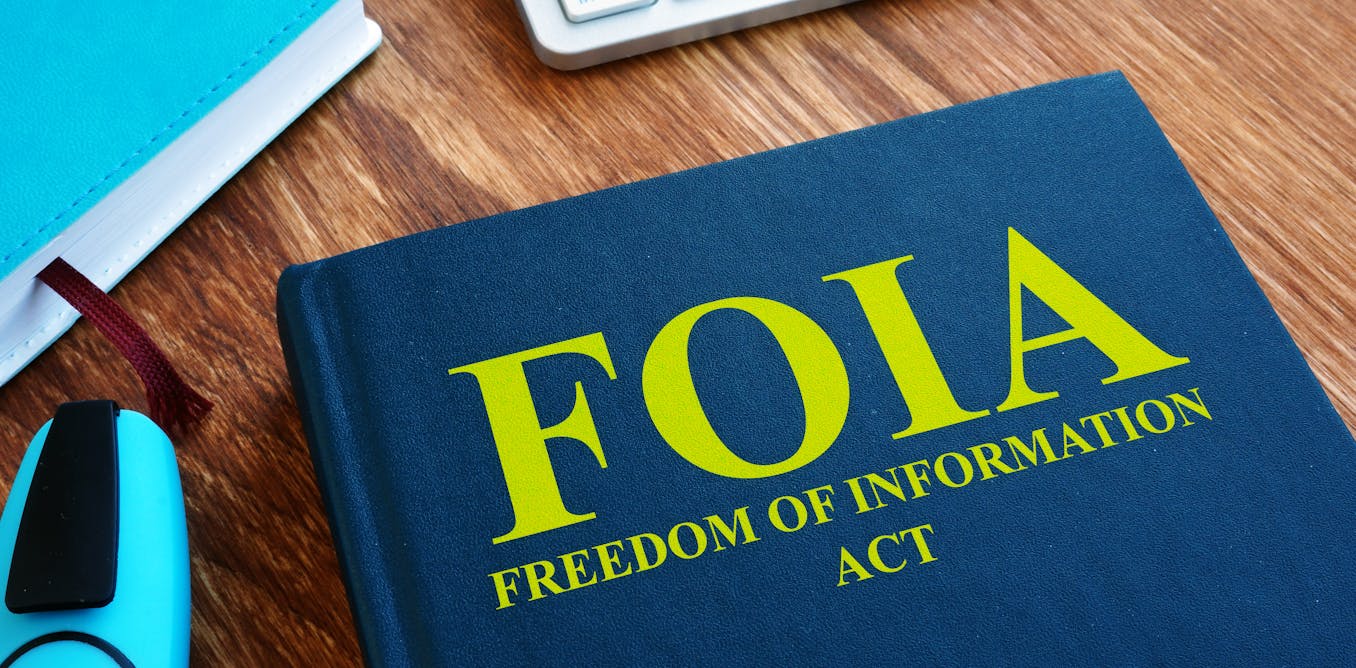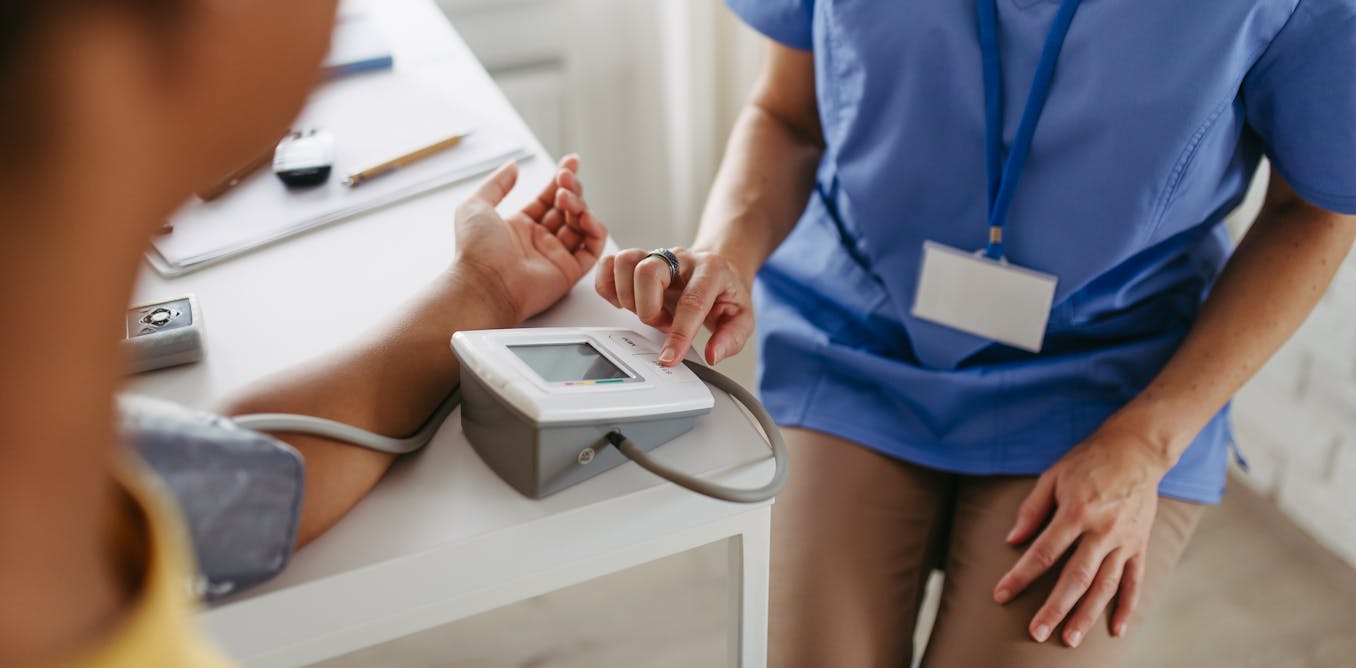TENS of thousands of people who have a stroke could be diagnosed and treated sooner if people call 999 immediately upon seeing one of three common symptoms.
New data has found the average time between the onset of first stroke symptoms and a 999 call being made was nearly an hour and a half.
4
NHS data has shown for 2023-24, of 41,327 patients with a recorded time of symptom onset, the average time between first symptom and a 999 call being made was 88 minutes.
The figures come as the NHS launches a major update to the ‘Act FAST’ campaign since 2009, urging people to call 999 immediately if they see anyone experience the following three symptoms:
- Face weakness – it might be hard to smile, and one side of your face may droop (fall)
- Arm weakness – you may not be able to fully lift both arms and keep them there because of weakness or numbness in one arm
- Speech problems – you may slur your words or sound confused
The easiest way to remember stroke symptoms is with the word FAST – face, arms, speech and time to call 999.
Other symptoms that could be the first sign of you or someone else is having a stroke include:
- Sudden weakness or numbness on one side of your body (including in your leg)
- Sudden loss of vision or blurred vision in one or both eyes
- Sudden difficulty speaking or thinking of words
- Sudden memory loss or confusion
- Sudden severe headache
- Sudden dizziness, unsteadiness or a sudden fall, especially with any of the other signs
People are also being urged to call 999 even if the first sign of stroke doesn’t seem like an emergency.
The analysis has been published by the Sentinel Stroke National Audit Programme at King’s College London, and comes as new polling of 2,001 adults in England found 57 per cent of respondents believed you should have two to three symptoms of a stroke before calling 999 – despite just one being a sign of a medical emergency.
Nearly two thirds of respondents (64 per cent) said they would not call 999 as their first course of action if they noticed someone was suddenly struggling to smile.
The NHS campaign is being launched with a new TV advert which shows examples of symptoms.
One is a man recognising his partner is struggling to smile while watching TV (Face), a decorator suddenly unable to list their paint roller (Arm), and a grandmother struggling to read their grandchild a bedtime story (Speech).
Professor Sir Stephen Powis said: “These figures highlight very clearly that we must do more to support people to recognise the symptoms of stroke in themselves and others and take action to call 999 at the earliest opportunity.
“Stroke symptoms can be less obvious or dramatic than you might expect, but even if it doesn’t seem like it, any sign of stroke is always an emergency and it’s vital you call 999 immediately.
“This campaign is so important – greater awareness of the need to act fast and dial 999 could help save and protect many more lives, as we know that earlier recognition of symptoms and immediate action to call 999 can enable faster access to specialist treatment and the best chance of reducing long-term effects of a stroke.”
Around 100,000 people have a stroke each year in the UK, which occurs when the blood supply to part of the brain is cut off.
Without prompt treatment a stroke an result in death or long-term disabilities such as paralysis, memory loss and communication problems.

4

4
Dionne Hudson had an ischaemic stroke in July this year

When Dionne’s arm went numb one evening and she couldn’t grip her phone, she assumed it had been from lying on it on the sofa.
While the 58-year-old from Surrey couldn’t raise her arm, her face and speech were unaffected, so she assumed that it couldn’t be a stroke and went to sleep.
When she woke, her symptoms had worsened and her leg also felt weak, so Dionne called 999.
Within 25 minutes of making the call, she was in hospital having a CT scan.
Dionne had experienced an ischaemic stroke and was partially paralysed on the left side of her body.
Doctors told her that it was a miracle she had survived the stroke but warned her that recovery could take up to a year.
Following treatment, Dionne returned home after eight days in hospital, where she now continues her rehabilitation.
While she is still in the very early stages of recovery, Dionne is feeling positive about the future and is already able to do a number of tasks that she was unable to do following her stroke.
Dionne said: “The doctors were amazed that I had survived my stroke, as it had actually occurred the night before I called 999.
“Looking back, I was very lucky as the weakness in my arm was a clear sign of a stroke, but because I didn’t have a dramatic symptom affecting my face or speech, I didn’t consider that I should get help sooner.
“I’m so grateful for the quick response from the ambulance and hospital staff, as their care has meant I’m now at home with my husband and daughter and working hard on the road to recovery.”
While more people are now surviving a stroke than ever before thanks to advances in NHS care, strokes remain the fourth single leading cause of death in the UK, with 38,000 stroke-related deaths each year.
A stroke can happen to anyone at any age, but those at increased risk include people aged over 50 years old, people from a Black or South Asian background, or those living with existing conditions such as high blood pressure, diabetes or sickle cell disease.
Dr David Hargroves, NHS national clinical director for stroke and consultant stroke physician, said: “When someone has a stroke, it’s estimated they may lose around two million brain cells a minute, which is why rapid diagnosis and treatment is critical – the first sign of a stroke might not seem like much, but face or arm or speech, at the first sign it’s time to call 999.
“Thanks to greater awareness of the symptoms and advances in NHS care, more people are now surviving a stroke than ever before, but there is much more to do help save lives and reduce the long-term impact of strokes.
“Acting FAST remains vital – whether it is a friend, loved one or even a passer-by, dialling 999 quickly saves lives.”
Juliet Bouverie OBE, CEO of the Stroke Association, added: “Over 88,000 people survive a stroke every year in the UK, but surviving a stroke is just the start of a long and traumatic battle to finding their way back to life.
“Mums, dads, grandparents, young people, even children can be stroke survivors, and the impact of stroke on them and their loved ones can be catastrophic.
“This new NHS campaign is so important to help raise awareness that stroke is always a medical emergency.
“If you spot any of the three common signs of a stroke in someone, the first thing you should do is call 999. The quicker many stroke treatments are given, the better.
“As we say, “time is brain”, so it’s important to recognise any of the signs of a stroke and act immediately. Acting FAST is vital for stroke survival and to help improve the journey to recovery.”

4
How to prevent a stroke
You can help to reduce your risk of stroke by making some healthy lifestyle changes:
- Stop smoking
- Be more active
- Drink alcohol within the recommended limits
- Eat a healthy diet
- Stay a healthy weight
As we age our arteries become harder and narrower, making them more likely to become blocked.
Conditions like high blood pressure, high cholesterol and diabetes can speed up the process and increase your risk of having a stroke.
If you’re over 40, regular check-ups can pick up on any problems.
Source: Stroke Association




